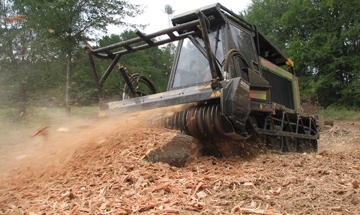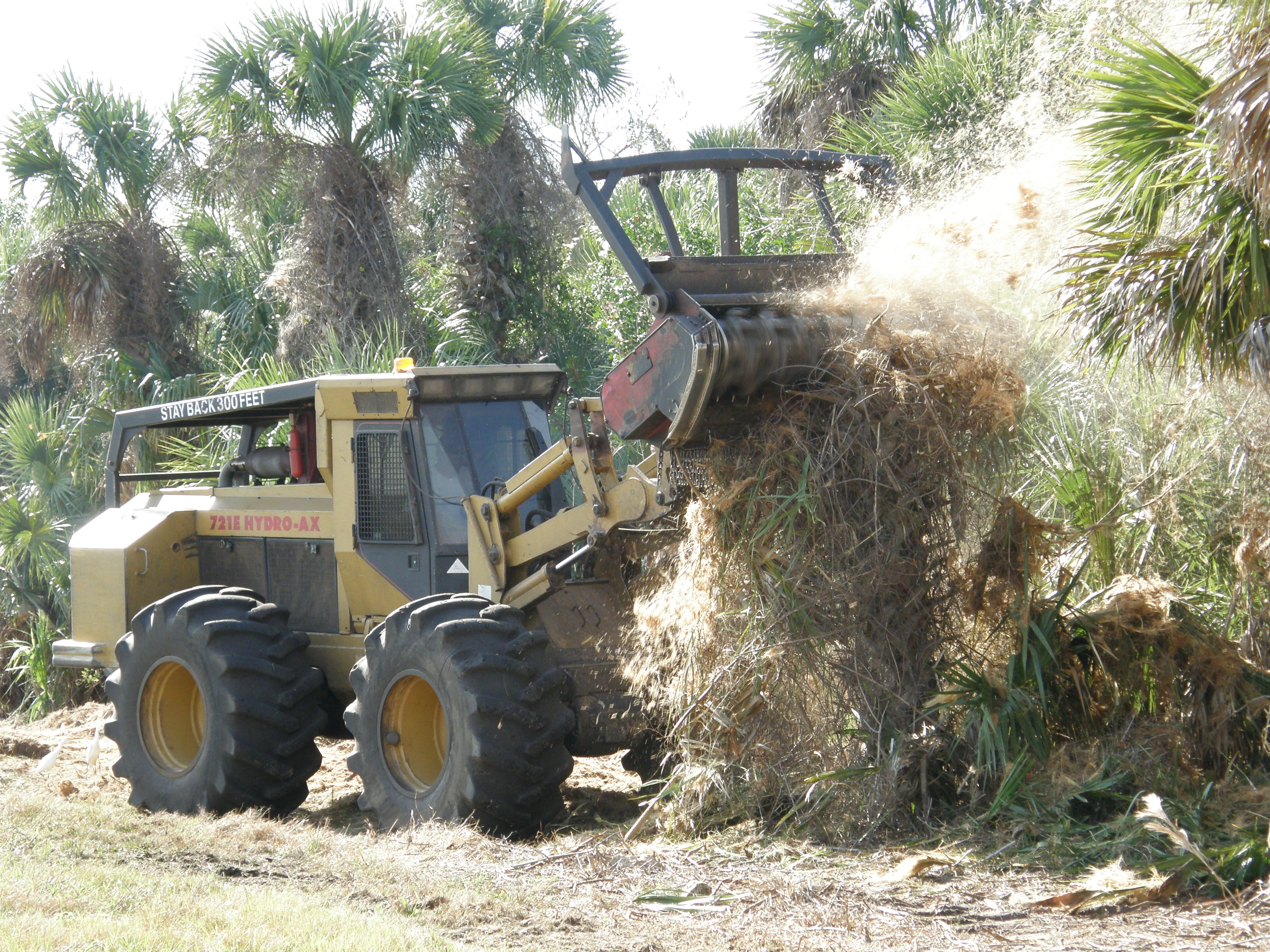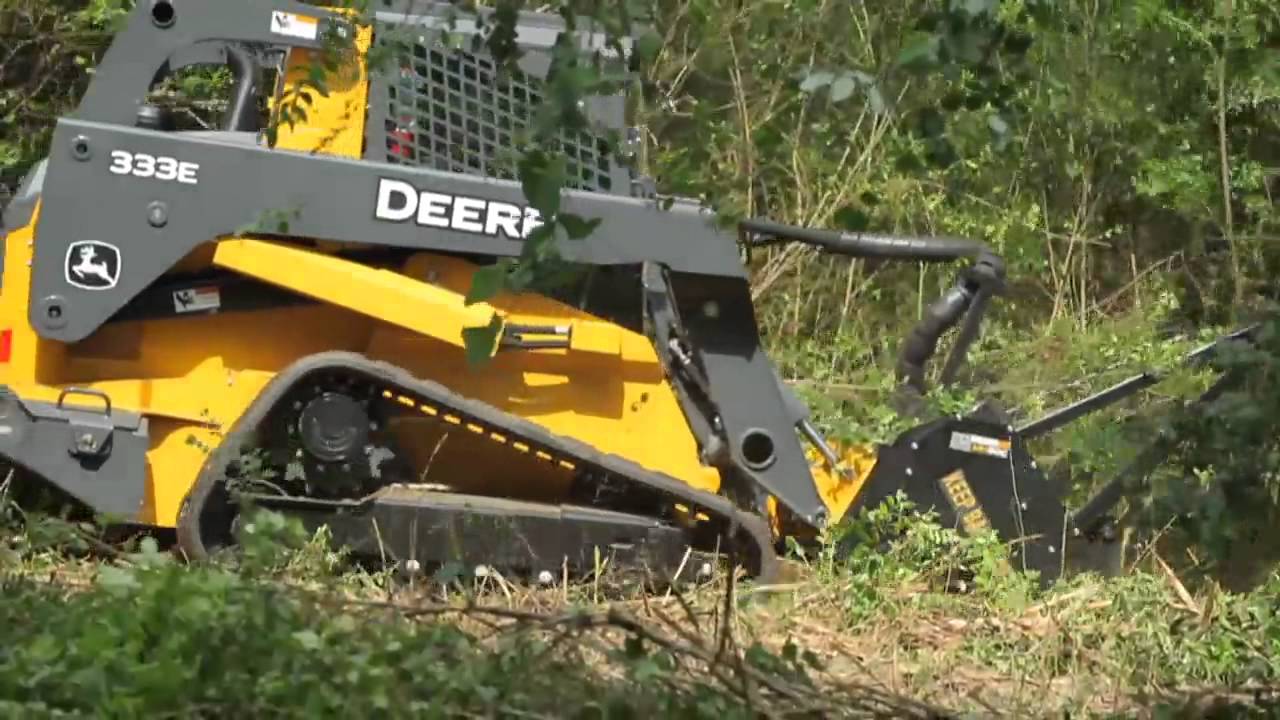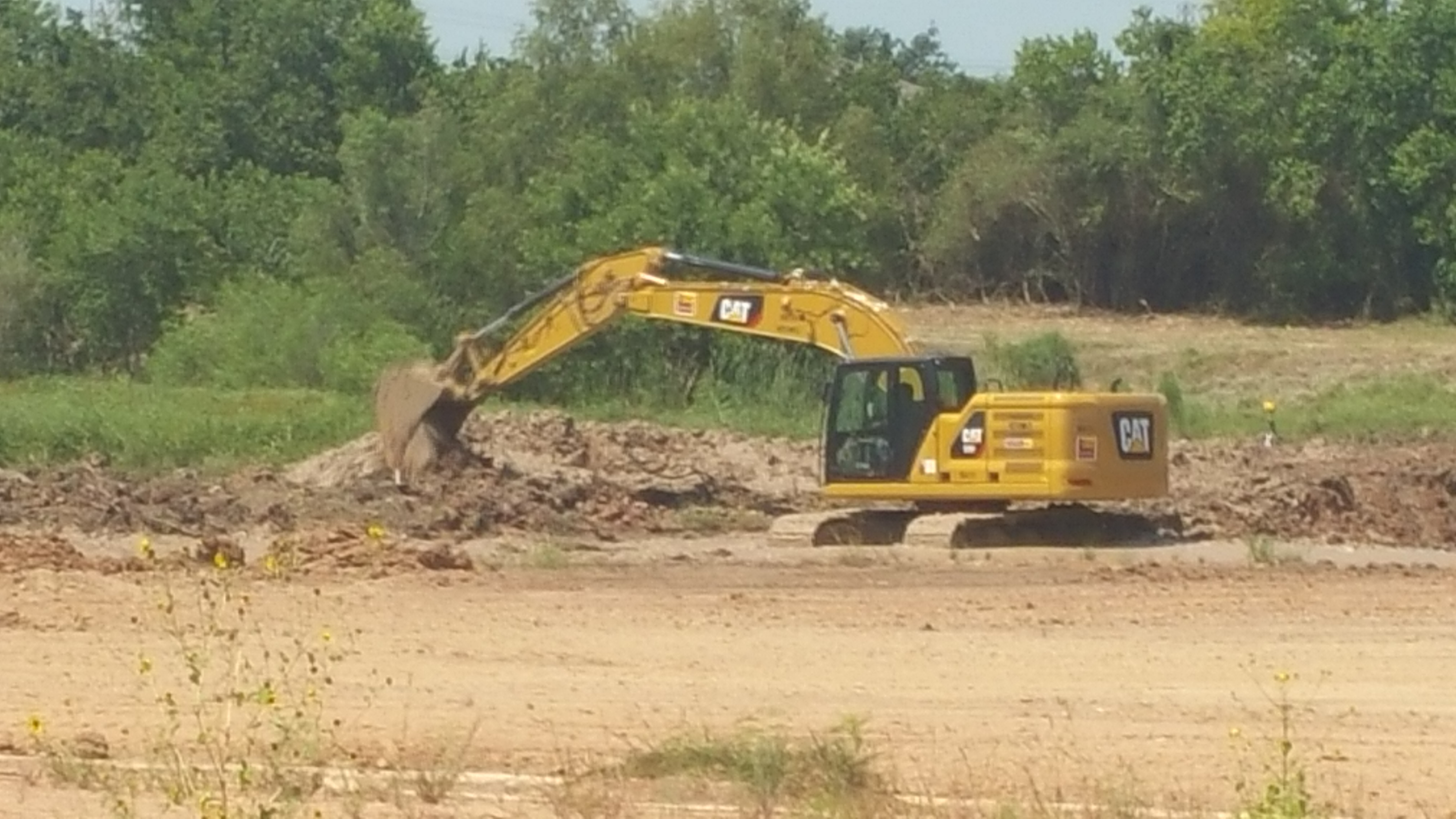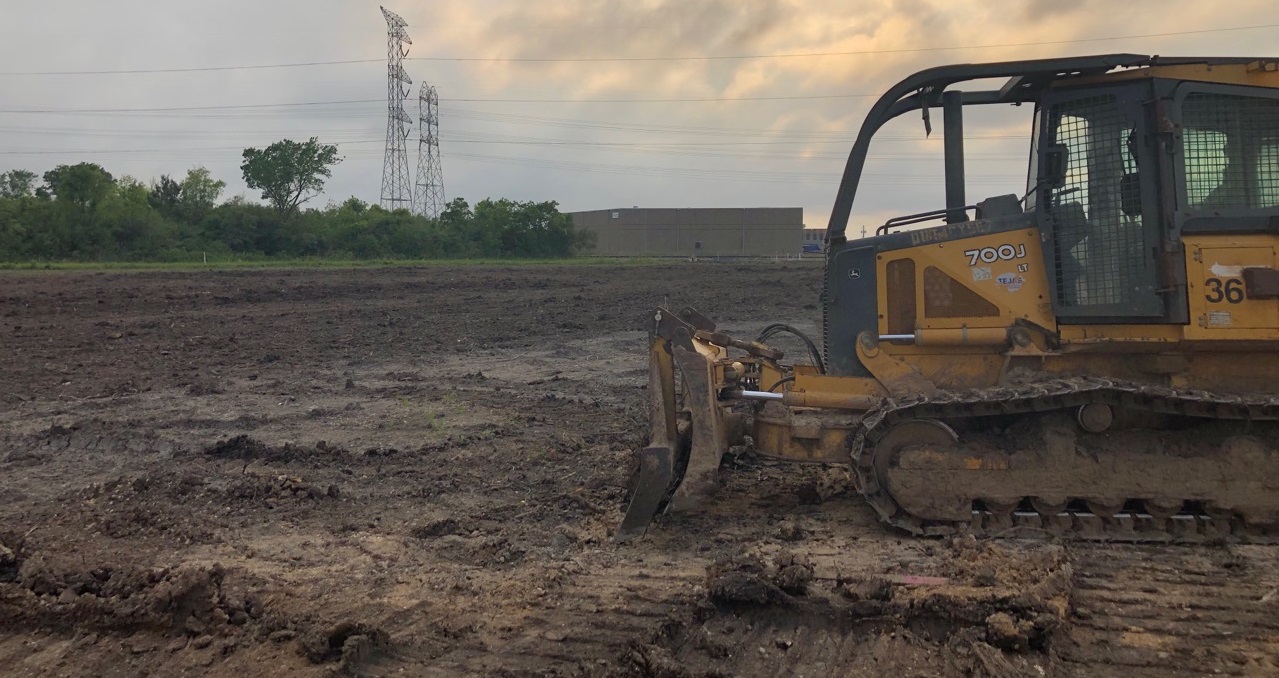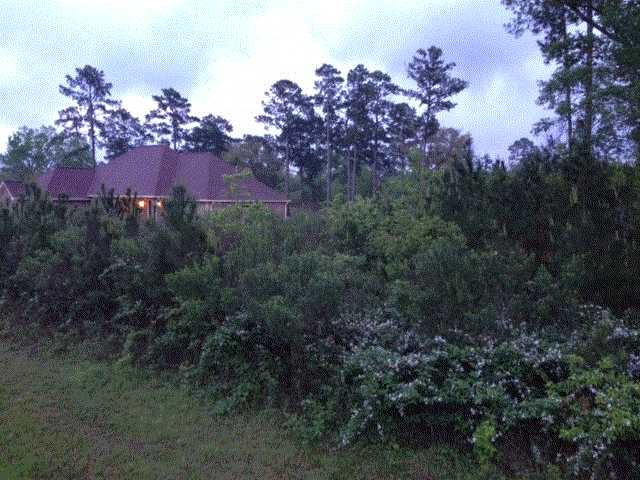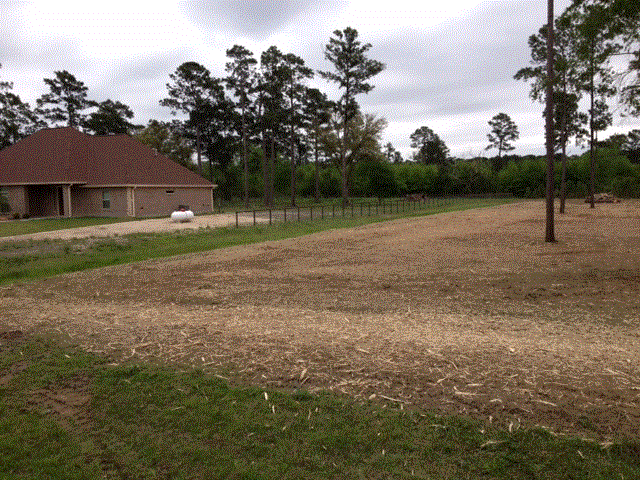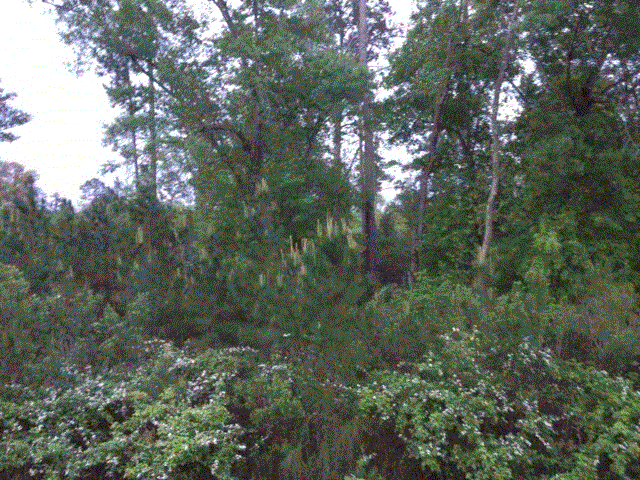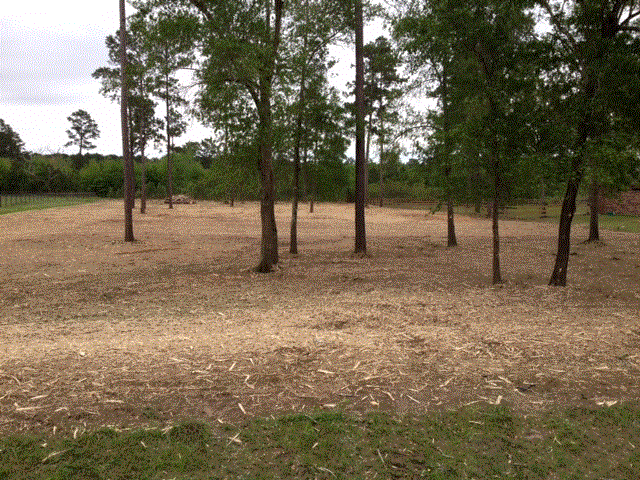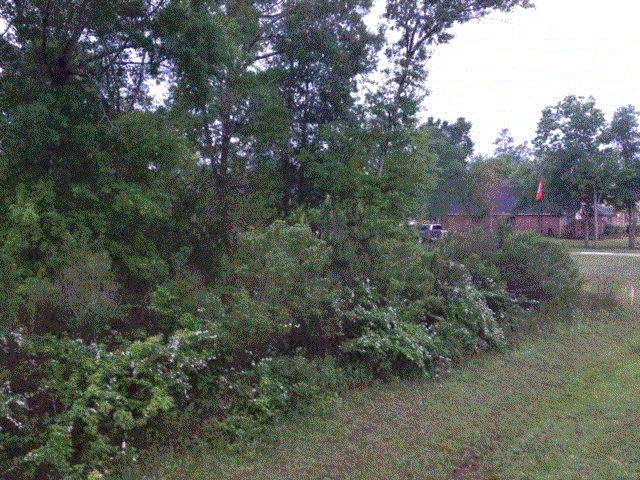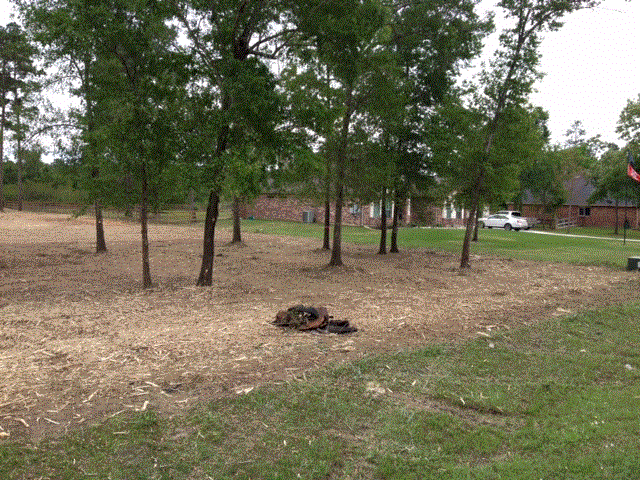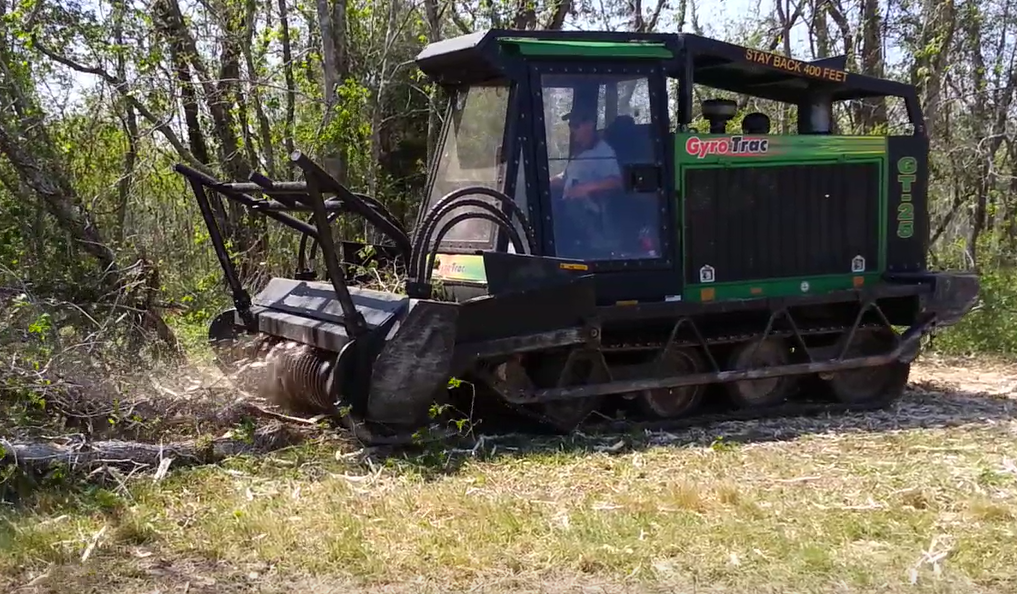Texas Hydro Ax Services Cedar Tree Removal, Texas Cedar Tree Eradication, Austin Texas, Dallas Texas, Ft Worth Texas, Houston Texas, San Antonio, Alvin Texas, Bay City Texas, Baytown Texas, Beaumont Texas, Bryan Texas, College Station Texas, Conroe Texas, Crockett Texas, Dayton Texas, Galveston Texas, Georgetown Texas, Katy Texas, Kingwood Texas, Lake Jackson Texas, Livingston Texas, Longview Texas, Lufkin Texas, Nacogdoches Texas, Palestine Texas, San Marcos Texas, Spring Texas, Temple Texas, Tomball Texas, Tyler Texas, Victoria Texas, Waco Texas
Cedar Trees are everywhere in Texas and depending on the type of cedar tree and size, each tree pulls 70 to 150 gallons of water per day from the soil. For a tree that does just about nothing except cause allergies and hay fever that is a lot of wasted water.
| Texas Hydro-Ax Services, along with our herbicide service,can eradicate most Cedar Tree infestations. |
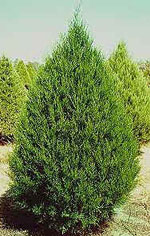 |
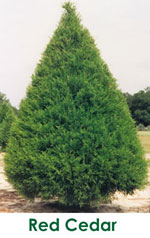 |
Call for a Free Phone Evaluation or Email Us.
Cedar Tree Varieties
Atlas Cedar (Cedrus atlantica): Atlas Cedars grow in the form of wide pyramids that are filled with needled evergreen leaves; these are mostly found in North Africa. The Blue Atlas Cedar (Cedrus atlantica 'Glauca') which has stunning silvery-blue needles is the most commonly planted. This type is not suitable for street planting. These cedars grow well in temperate climate, as they are not cold-hardy.
Cedar of Lebanon (Cedrus libani): Cedar of Lebanon is the most cold-hardy among the cedar trees and comes equipped with a thick trunk. They have bright green leaves that are open and irregularly pyramid-shaped. These cedar trees are exceptional specimens amongst the whole cedar family; however, they are not suitable for street planting.
Deodar Cedar (Cedrus deodara): Deodar Cedar also known as Himalayan cedar, is pyramid-shaped with dense, soft-textured branches in a tiered, pendulum-like form. These types of trees form a bowed structure, due to their low branches which incline towards the ground. These cedar trees are known by the striking shape they grow into, and also are the fastest growing cedar trees.
Eastern Red Cedar (Juniperus virginiana): Eastern Red Cedar is found in the wilderness areas in the eastern United States. Their needle-like, younger leaves grow to become older, scaly leaves. These bright greenish leaves turn into a pinkish hue during the cold season, and also emit a pleasant smell when crushed. These trees bear blue berries, which is an attractive winter snack for birds. The wood from this tree is used to make hedges or windbreakers. Varieties of Eastern Red Cedar include Canaerti, Blue Point Juniper trees, Burkii, Princeton Sentry, Emerald Sentry, Hetzii Columnaris and Keteleeri.
Oriental Arborvitae (Thuja orientalis): Oriental arborvitae are found springing forth in the form of a small tree or even like a small shrub. These trees usually develop from a dense and compact foliage, to an open canopy. They come with scaled needles, colored bright green. It is grown as a hedge, as they are easy to trim. The most common varieties include Bakeri, Blue Cone, and Elegantissima.
Northern White Cedar (Thuja occidentalis): The Northern White Cedar also known as White Cedar, Eastern White Cedar or American Arborvitae is used for landscaping. These tree types come with lustrous green, fragrant leaves, which cover the trunk from the ground up to the sweeping branches. They have dark brown trunks, which makes them ideal to be used as a hedge. The most common varieties include: Affinity, Emerald, Sunkist, Hills Dark Green, Techny, Fastigiata, Nigra, Wareana Lutescens, Columnaris, and Pyramidalis.
Western Red Cedar (Thuja plicata): Western Red Cedar, also known as Great Western Arborvitae, Canoe Cedar, Pacific Red Cedar and Giant Red Cedar are found in the wild, in the northwestern parts of the United States and Canada. They are usefully cultivated to form hedges and for screening. The leaves are scaly with a glossy green color and are aromatic. They have a reddish-brown bark, with foliage that turns brownish-bronze in winter. The more common varieties are: Atrovirens, Emerald Cone, Zebrina, Stoneham Gold, Green Giant, and Fastigiata.
Texas Hydro-Ax Services offers Hydro-Axing and land clearing services to the entire State of Texas including but not limited to Austin Texas, Dallas Texas, Ft Worth Texas, Houston Texas, San Antonio Texas, Waco Texas, Abilene Texas, Alvin Texas, Amarillo Texas, Angleton Texas, Arlington Texas, Bay City Texas, Baytown Texas, Beaumont Texas, Big Spring Texas, Brenham Texas, Brownwood Texas, Bryan Texas, Canyon Lake Texas, College Station Texas, Conroe Texas, Corpus Christi Texas, Corsicana Texas, Denton Texas, Friendswood Texas, Galveston Texas, Georgetown Texas, Hereford Texas, Huntsville Texas, Kerrville Texas, Killeen Texas, Lake Jackson Texas, League City Texas, Longview Texas, Lubbock Texas, Lufkin Texas, McKinney Texas, Midland Texas, Nacogdoches Texas, New Braunfels Texas, Odessa Texas, Palestine Texas, Pasadena Texas, Pearland Texas, Plano Texas, Port Arthur Texas, Rosenberg Texas, Round Rock Texas, San Angelo Texas, San Marcos Texas, Seguin Texas, Sugar Land Texas, Temple Texas, Texas City Texas, The Woodlands Texas, Tyler Texas, Universal City Texas, Victoria Texas, Waxahachie Texas, Weatherford Texas, Wichita Falls Texas
Texas Hydro Ax Services says " Do Not Pay By the Acre"
Click Here to See What Our Clients Say About Us
Texas Hydro Ax Operators are OQ Certified
Click Here to Watch Our Machines in Action
For all of your Hydro Ax needs
Call Texas Hydro Ax Services First, Last, Always!
Click Here to Call Texas Hydro Ax Services
Click Here to Email Texas Hydro Ax Services!
We Accept

